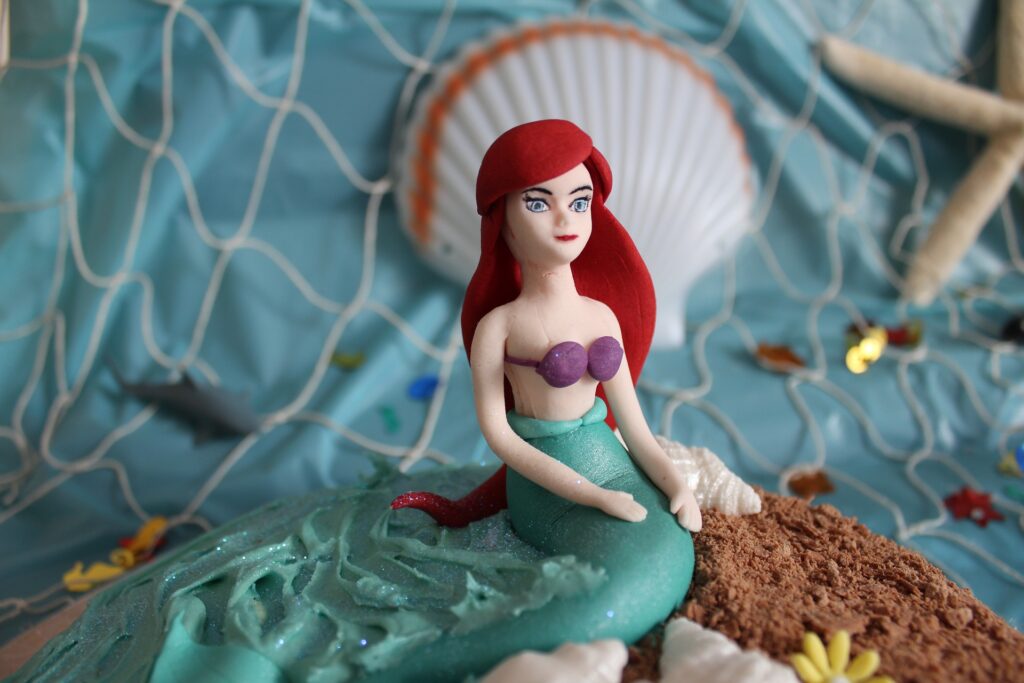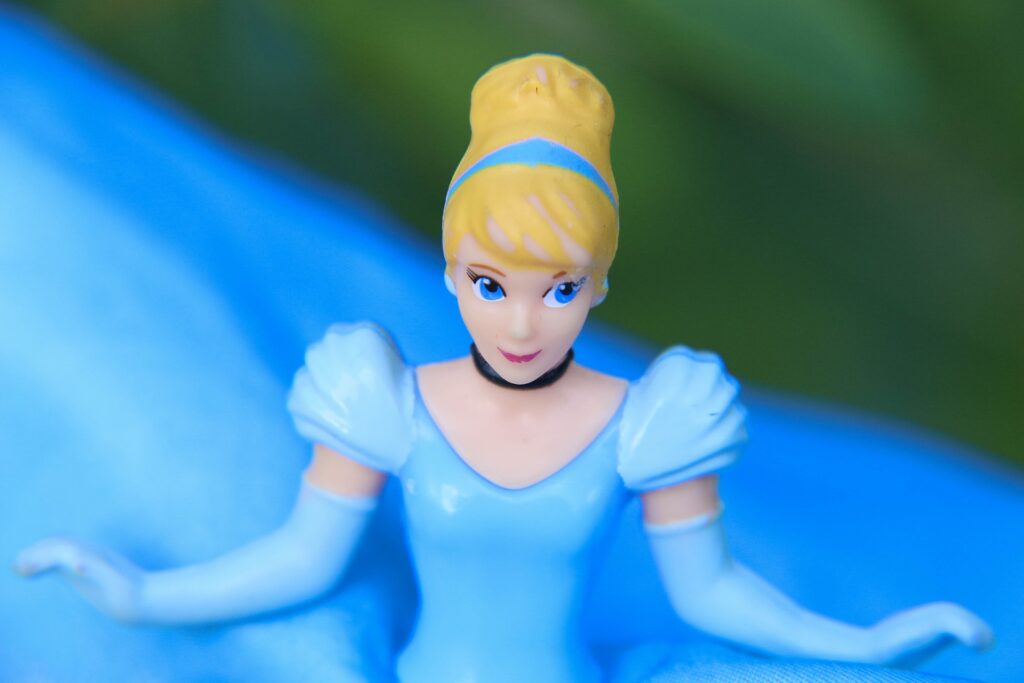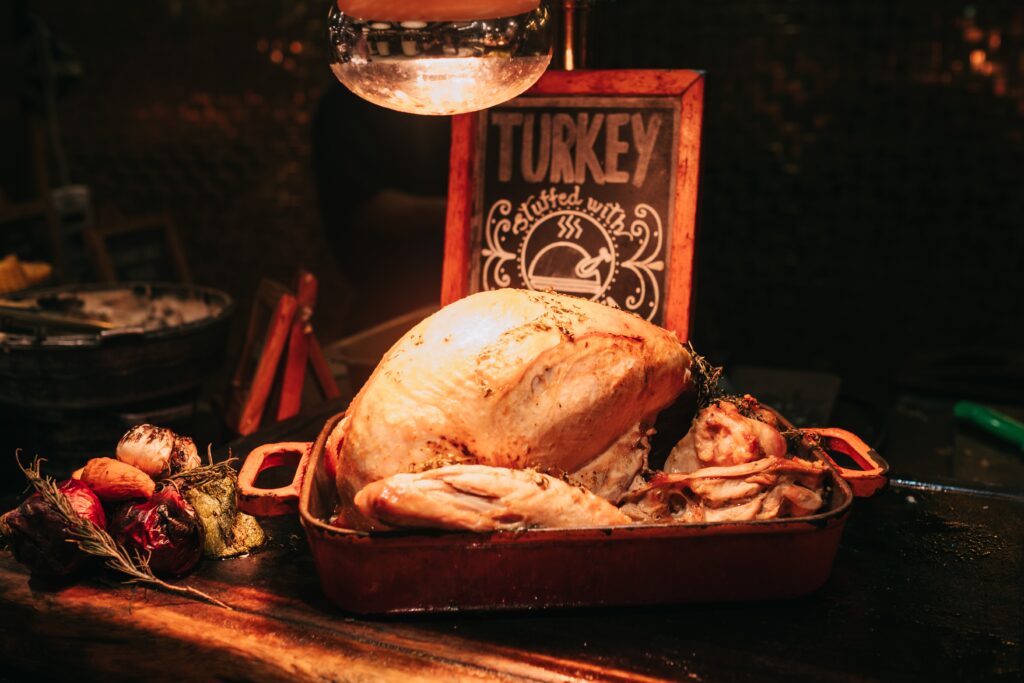Home is somewhere else: Disney Princess as queer model of escape from the “provincial life”
Metronormativity, a word coined by Jack Halberstam to describe the idea that queer people can’t be liberated in rural areas, has come under fire in recent years.
Groups have sprung up to fight against metronormativity, claiming that if queers always leave rural areas there will continue to be no representation and no queer role models there.
As Thanksgiving approaches, the notion of metronormativity keeps coming back to me — neither in judgement nor approval. Rather, I’m curious where our models for the belief that home must be somewhere else come from.

A surprising source is the Disney princess, especially the classic princess. While the story varies from film to film, it is a story not unfamiliar to older queer folk from rural areas: a special (royal, talented, beautiful, and/or powerful) young woman is trapped by cultural expectation (to be lady-like, marry, and/or be subservient) and longs for a world where she will be accepted.
While I personally didn’t relate to the tiaras and the wands, Ariel’s lyric, “I want to be where the people are,” certainly slipped from my young queer lips in my North Georgia Wal-Mart as I carried the cassette soundtrack I was so excited for my parents to buy for me.
I’m sure the same is true for other queer folks who didn’t see themselves elsewhere: Belle’s lyrics about her “little town” that’s just “a quiet village [where] each day [is] like the one before,” rings truer with each verse. She’s called “odd,” “different from the rest of us,” and worse, she always has her head in a book. Like queer folk, the women protagonists in Disney films are marked by their difference and an urge to find others like them.
Additionally, the pressure to conform comes from all sides: Pocahontas to marry, Cinderella to please her family, Ariel to act like a princess, Belle to be pretty (and only pretty), and the list goes on. In essence, these expectations are gender policing with literal (Rapunzel), metaphorical (Ariel), and domestic (Cinderella) prisons ensuring that all stay in their place.

Most queer folks have felt the pressure marry. Those who haven’t, have known the fear of not living up to traditional gender norms (either in performance or interest). With these pressures comes a flattening of the self; Belle doesn’t want to just be pretty — she wants to be a fully realized person. Sadly, most of these classic women protagonists need a man to free them (don’t we all feel that way sometimes, honey!), but regardless of that fact, home is somewhere else: Ariel needs the land and Rapunzel needs out of the tower. Freedom is escape.
As life has improved for queer rural people (in most places), the shift to critique those who left the provincial behind them is mirrored in newer Disney films. While the restoration of a kingdom is not new (Cinderella), Moana, Frozen, and Brave (among others) demonstrate that difference can be honored and useful at home.

However, these are not stories of automatic acceptance — they are stories of gaining acceptance. As long as difference is a plot and not a plot point, people who identify with the “different” character (princess or not) will continue to look outside the palace gates for a home somewhere else.
If you’re returning home for Thanksgiving, take joy in how far you’ve come, remember why you left, and don’t let anyone convince you that you weren’t a Disney princess all along.





